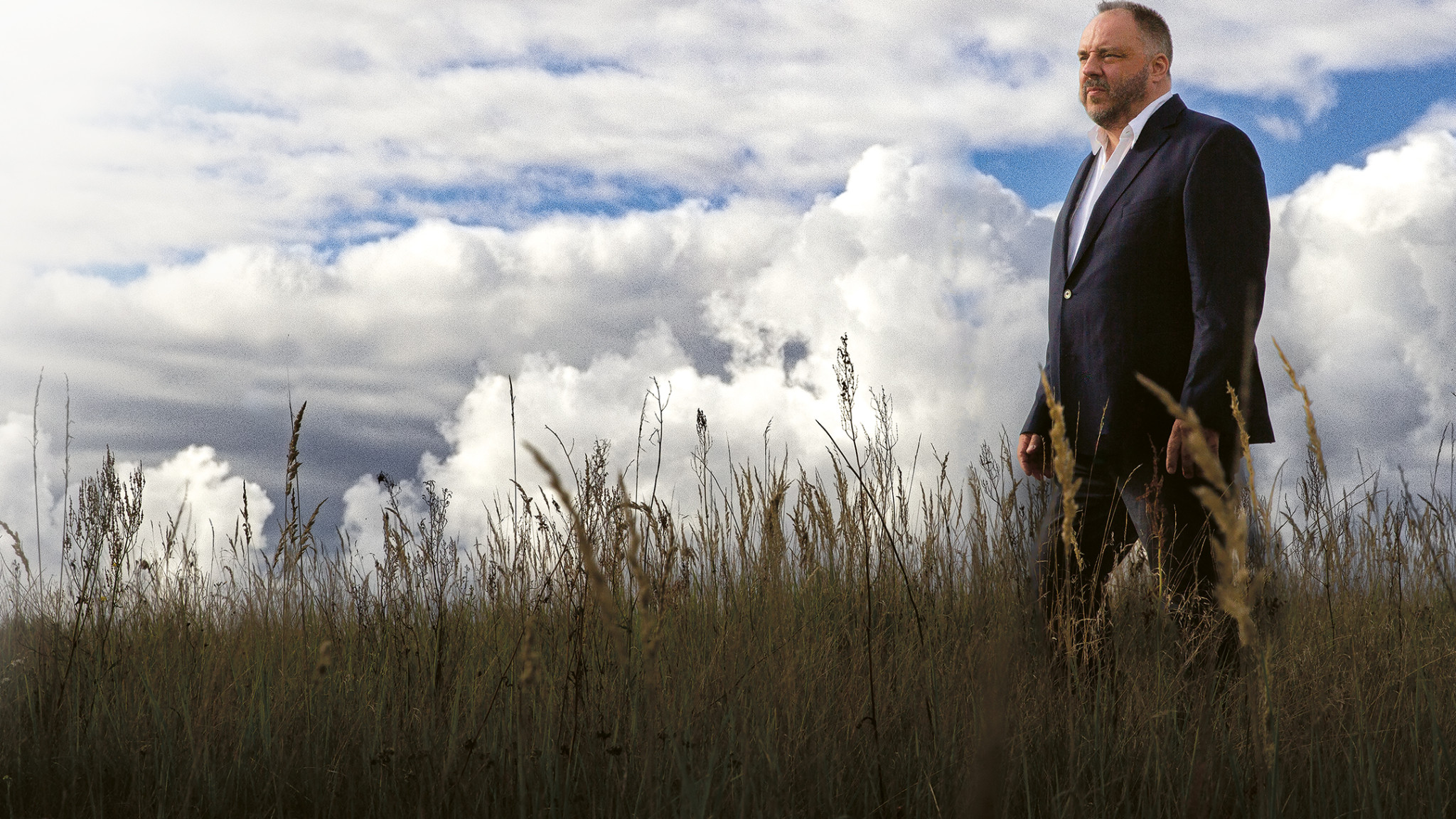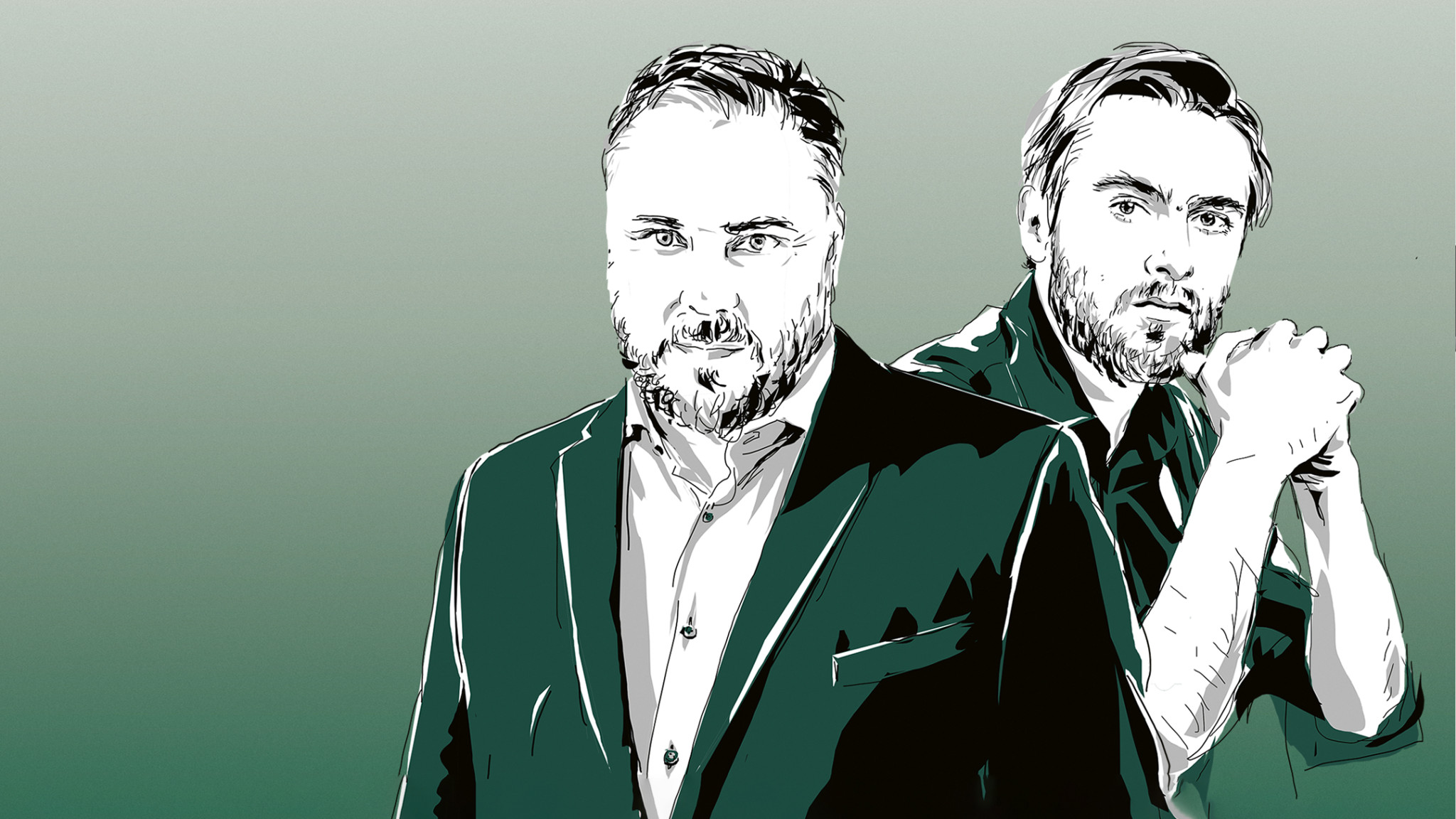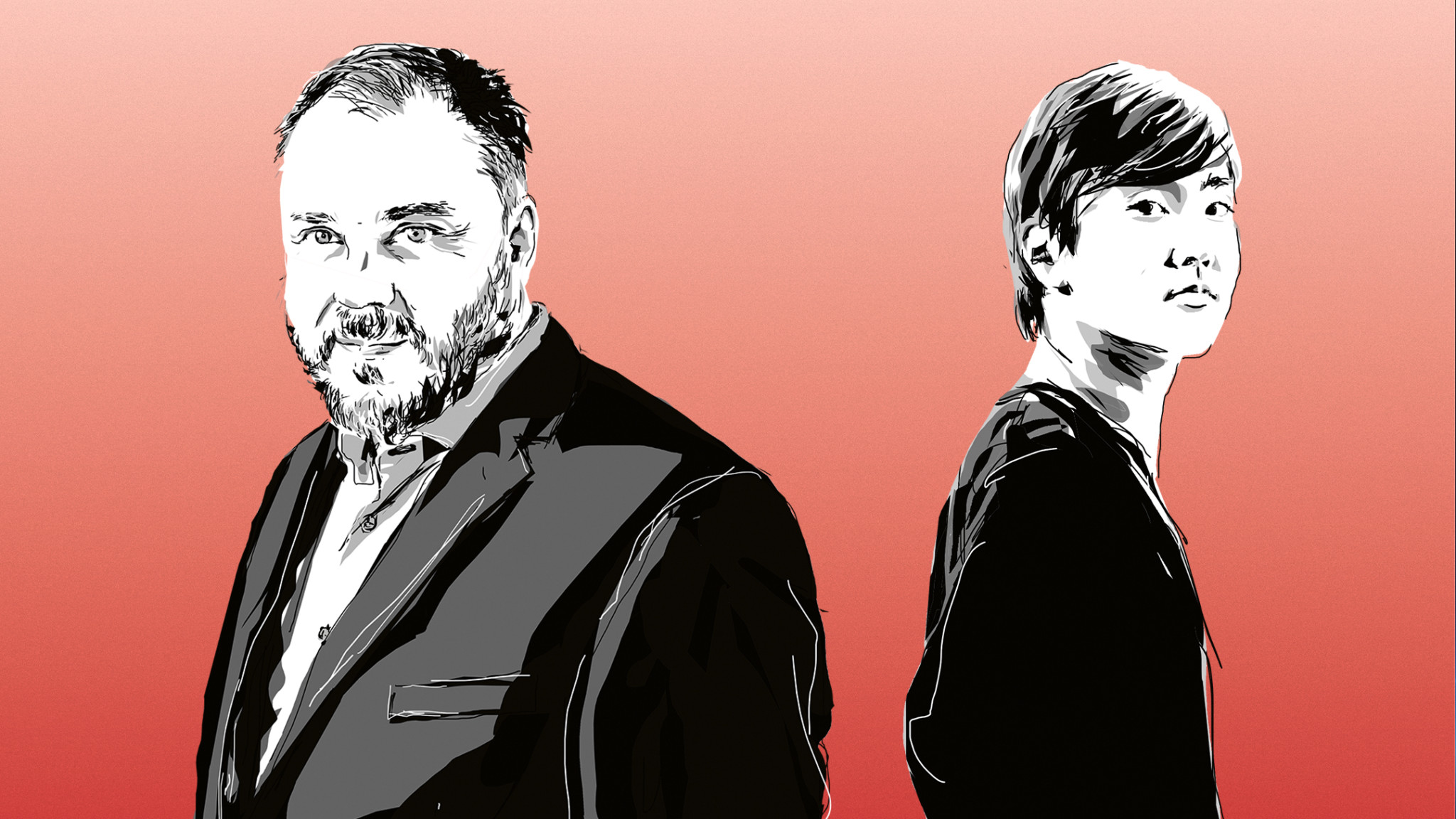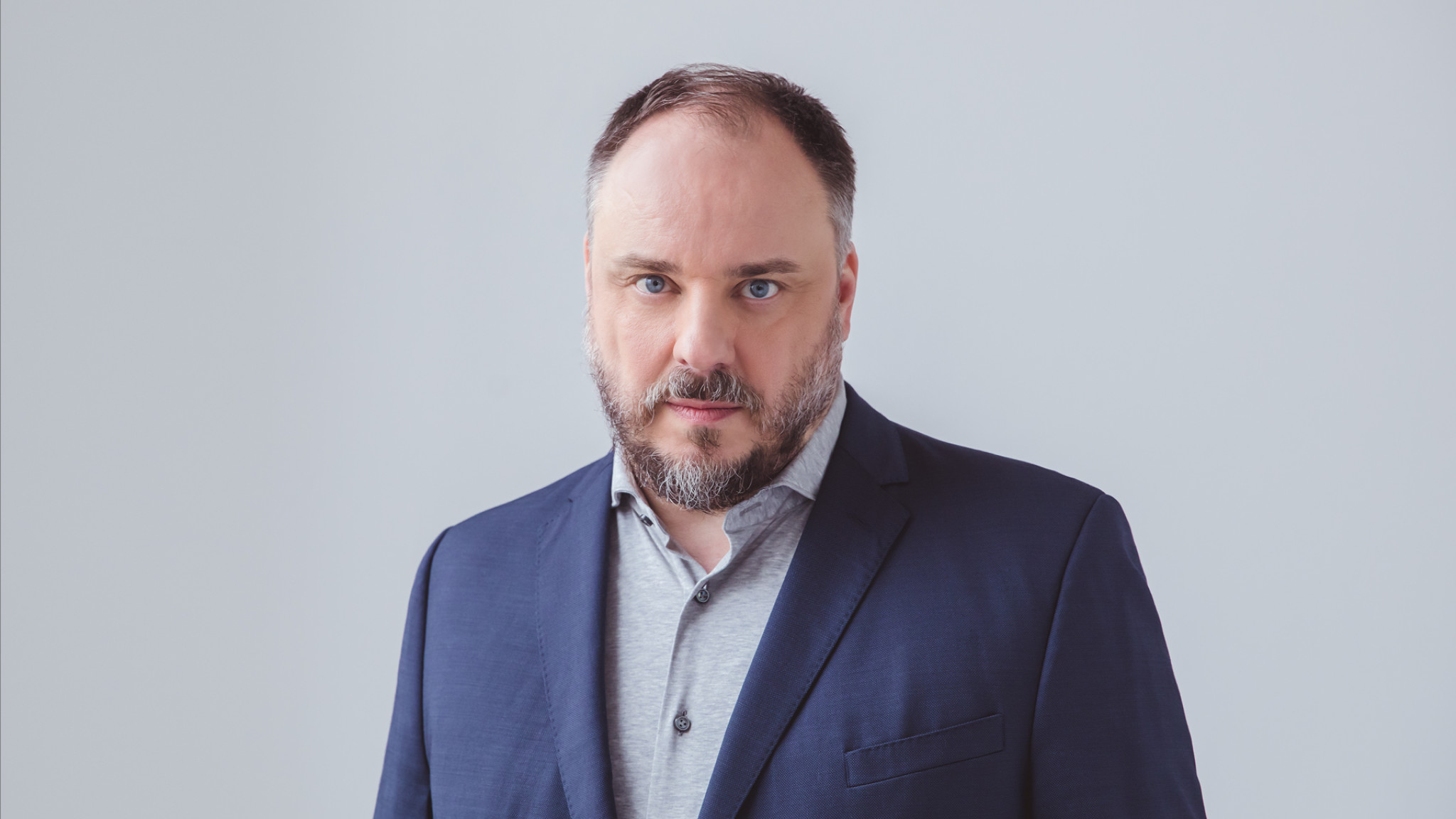Matthias Goerne Revisits Schubert

Matthias Goerne, among the all-time great interpreters of Schubert’s Lieder, marks a notable first with his latest album for Deutsche Grammophon. The German baritone departs from the familiar territory of the composer’s songs with piano accompaniment to perform a programme of pieces freshly arranged for voice and orchestra by his long-standing recital partner Alexander Schmalcz. Exploring this new terrain with Goerne are the musicians of The Deutsche Kammerphilharmonie Bremen. Schubert Revisited, set for release on 6 January 2023, will be available on CD and digitally, including a Dolby Atmos version.
Schubert Revisited reflects Matthias Goerne’s profound feeling for Schubert’s unique blend of formal logic, expressive nuance and musical invention. He has performed the composer’s songs many times in their original versions for voice and piano with Alexander Schmalcz, whom he has known for almost twenty-five years. The emotional impact of Goerne’s interpretations is enriched here by the broad spectrum of instrumental colours and textures Schmalcz brings to the selection of songs on the album. “They acquire a timbral dimension that the piano is incapable of reproducing,” explains the singer. “This does not mean that the orchestral version is better, only that it is different.”
The carefully curated choice of nineteen songs includes such well-known Lieder as An Silvia, Der Tod und das Mädchen and Erlkönig, but also the three sublime Gesänge des Harfners, whose texts come from Goethe’s Wilhelm Meister and which have never been orchestrated before. “There are few songs more significant than these among Schubert’s Goethe settings,” comments Goerne. “For me this represents a genuine gain.”
The album’s tracklist also features striking orchestrations of Alinde and Des Fischers Liebesglück, pieces with intricate piano parts; Stimme der Liebe, whose intense emotions are amplified by Schmalcz’s arrangement; haunting versions of Das Heimweh and Wandrers Nachtlied, the latter with plaintive cor anglais obbligato; the exquisite Abendstern; and Schubert’s remarkable setting of Grenzen der Menschheit, which unfolds here as a dramatic scena for baritone and orchestra.
The new orchestrations are brought to life by The Deutsche Kammerphilharmonie Bremen, guided by Goerne and concertmaster Florian Donderer working without a conductor. The interpretation of each song was decided in fine detail during extensive rehearsals, allowing soloist and orchestra the freedom to respond in performance to spontaneous changes of tempo and emphasis. Goerne found working in this collaborative way a hugely rewarding experience and praised the orchestra’s players not only for their exceptional musicianship but for their willingness to experiment and explore new ideas. “For me,” he notes, “this is the ideal form of making music when people merge together and live for the moment.”
“Schubert’s songs strike a perfect balance between intellectuality and the greatest naturalness,” he adds. “With Schubert, even the most complicated melodies and forms sound entirely natural.” Many past attempts to orchestrate Schubert’s Lieder, Goerne notes, have detracted from that intimacy of expression by surrounding the voice with dense instrumental textures. By contrast, he says, Schmalcz’s lucid arrangements proved a revelation. “His creativity in adapting these songs for the orchestra is enormous, while his stylistic sensibilities and subtle approach in deploying the right instruments at the right moment are truly astonishing.”
That choice of timbre was, Schmalcz says, central to the greatest challenge he faced in creating the new arrangements – that of “translating a song’s character and its underlying idea into an orchestral colour”. Among the numerous examples of his finely honed art of orchestration are the pastoral oboe heard in Schäfers Klagelied, the dark sounds of timpani and double bass in Erlkönig, and the muted viola in Des Fischers Liebesglück, evoking the atmosphere of the mist-veiled lake described in the text.
Schmalcz is swift to add that his arrangements are “pure Schubert”, with no extraneous material. “Sometimes I have filled out a song’s accompaniment by doubling the octave, for example. Or I write sustained chords in the orchestra in order to simulate the sound-surfaces that are the result of the use of the sustaining pedal on the piano. But my goal was to be as true to the original as possible.”
Matthias Goerne is set to perform a selection of Schmalcz’s Schubert Revisited arrangements with The Deutsche Kammerphilharmonie Bremen and Manfred Honeck at Die Glocke in Bremen (10 November 2022) and the Théâtre des Champs-Elysées (12 November).



